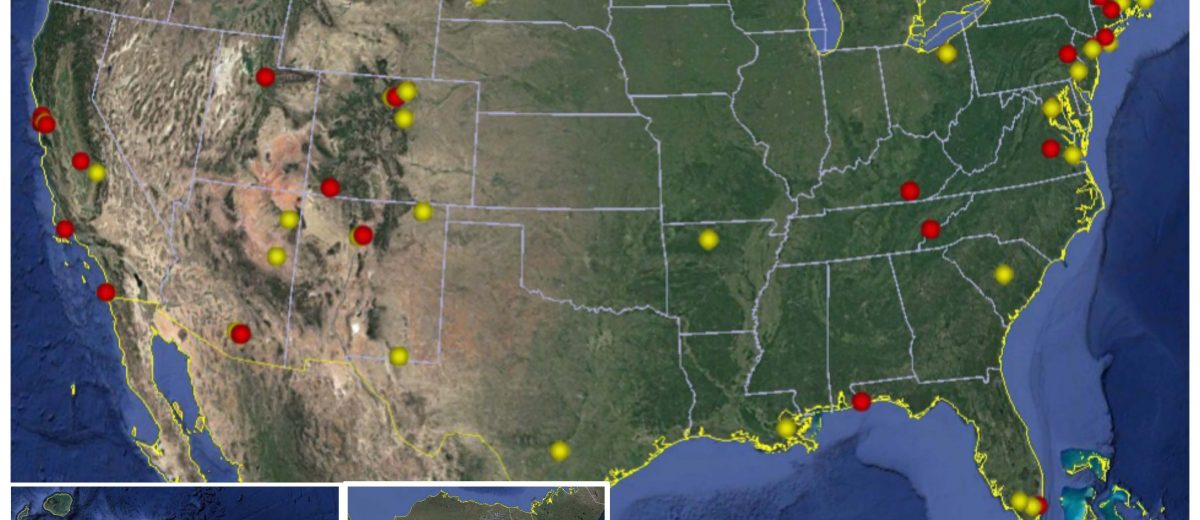The partners of Second Century Stewardship have announced the Request for Proposals for fellowships to support research in Acadia National Park in 2021.
Founded in 2016, Second Century Stewardship, a public-private partnership of Schoodic Institute at Acadia National Park, NPS, National Park Foundation, and the David Evans Shaw Family Foundation, is helping NPS and its partners build capacity by recruiting a new generation of talented scientists doing innovative, management-relevant research.
Protecting environmental and cultural heritage in today’s rapidly changing world demands high-quality, forward-looking science, greater access to and engagement with science, improved science communication skills, and increased relevance and inclusion. The National Park Service (NPS) has prioritized addressing these needs, but lacks the capacity to do it alone.
To date, Second Century Stewardship has awarded 12 fellowships for research in Acadia National Park. The Fellows’ creative, interdisciplinary work has informed management priorities, including vegetation management to reduce incidence of Lyme disease, improving connectivity of aquatic habitats, developing an early warning system for harmful algal blooms, and testing climate change adaptation techniques. Fellows have leveraged their work in Acadia to attract more than $2 million in additional grants and awards.
Together, Schoodic Institute and the National Park Service have offered communications and citizen science trainings across the United States that have included participants from 39 National Park Service units and 46 partner organizations who are now telling stories of park science that inform, inspire, and reach new audiences; and engaging the public in ways that stimulate learning, curiosity, and concern for our national parks.
The first five years of Second Century Stewardship have demonstrated that relatively small investments in research fellowships can attract talented early-career scientists with the interest and ability to do management-critical research, work with interdisciplinary teams, and engage public audiences. It requires concerted effort to facilitate interactions between scientists and managers (e.g., mentorship, periodic meetings with manager teams) and these interactions improve the quality of the science and the translation of the results to management. These interactions can also build long-term relationships between the scientists and managers. Similarly, a team-based approach to trainings that requires scientists, managers, and educators work together on communication and citizen science is effective and can be transformative for participants. It is an innovative and unique approach.
A webinar overview of Second Century Stewardship, the Research Fellowship, the application process, and park research priorities will be held on Monday September 14 at 3:30 p.m. Eastern Time. Proposals must be submitted by 11:59 P.M. Eastern U.S. time on October 29, 2020. Webinar registration and application information can be found at scsparkscience.org/apply.
